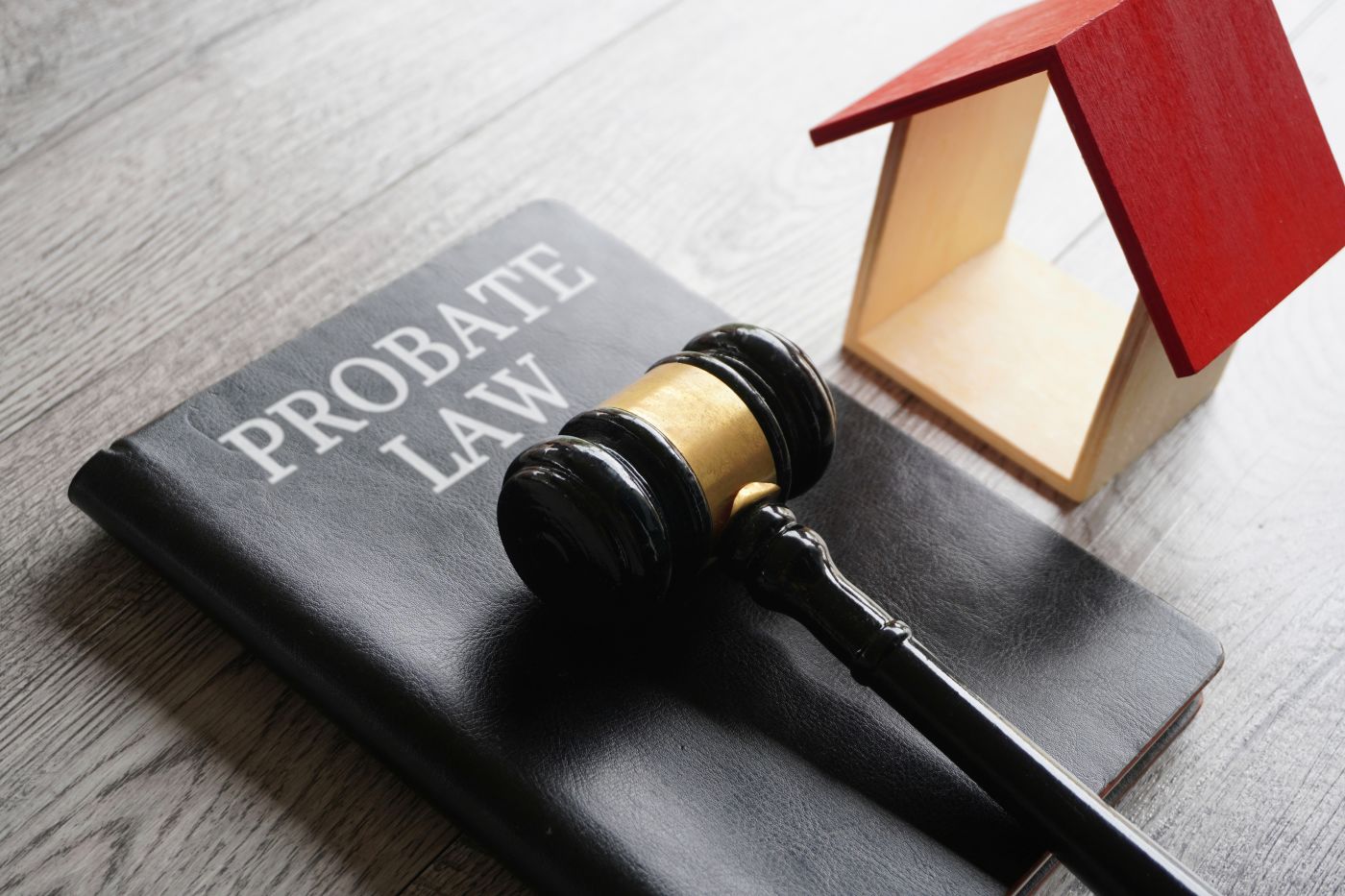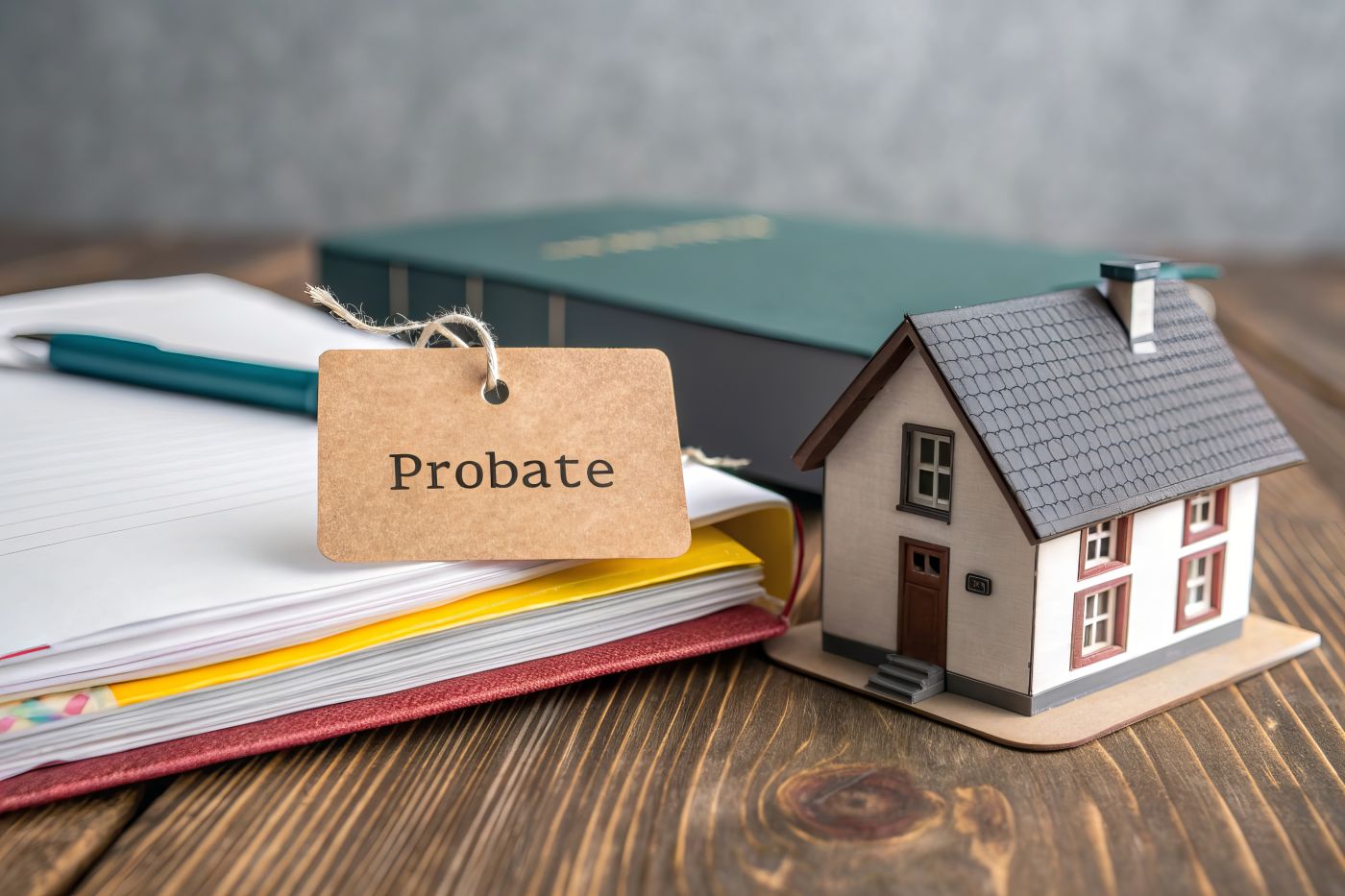
When someone dies without a will, their estate is handled through probate under South Carolina intestacy law. Intestacy determines who inherits property and how assets are distributed among heirs. This process can be complicated, involving debt payment, asset management, and identifying rightful heirs. Proper guidance assures the estate is settled efficiently.
Fortunately, at Nelson Law Firm, we assist families in Beaufort County, South Carolina, including Bluffton, South Carolina, and surrounding areas. Our firm works closely with personal representatives and heirs to manage intestacy and probate with confidence. Contact us to protect your loved one’s estate and ensure the process complies with South Carolina law.
How Probate Works Without a Will
Probate begins with filing a petition in the probate court to appoint a personal representative. This person is responsible for managing the estate, notifying heirs, and overseeing the distribution of property.
When someone dies without a will in South Carolina, their estate is probated under intestacy rules. This legal process validates debts, collects assets, and distributes property to heirs. Working with an attorney can help avoid disputes and ensure the estate is managed properly.
Identifying Legal Heirs Under Intestacy
South Carolina intestacy laws provide a clear hierarchy of heirs. When there is no will, the estate is distributed according to family relationships and marital status. Identifying heirs is critical because it determines who receives property and in what proportion.
South Carolina intestacy laws specify the heirs entitled to inherit when no will exists. Some key heirs under South Carolina intestacy include:
Spouse: The surviving spouse typically receives a share of the estate depending on the presence of children or other heirs.
Children: Biological and legally adopted children inherit property in equal portions if there’s no surviving spouse or after the spouse's share is accounted for.
Parents and siblings: If there’s no spouse or children, the estate may pass to surviving parents or siblings.
Extended family: In rare cases, aunts, uncles, and cousins may inherit if no closer relatives exist.
Correctly identifying heirs can prevent disputes and delays in the probate process. Once heirs are determined, the next step is selecting a personal representative to manage the estate.
Appointment of a Personal Representative
In South Carolina, the probate court appoints a personal representative—sometimes called an administrator—when no will exists. This individual is responsible for managing the estate, paying debts, and distributing assets in accordance with intestacy rules. The court usually prioritizes spouses and adult children for this role, but others may be considered if necessary.
An experienced estate planning attorney at The Nelson Law Firm can guide a personal representative through their responsibilities and help avoid mistakes. Proper management ensures that heirs receive their portions without unnecessary delay. Once appointed, the personal representative begins gathering and protecting the estate’s assets.
Responsibilities of a Personal Representative
The personal representative has several crucial duties under South Carolina intestacy law. Their main goal is to make sure the estate is managed properly and distributed according to legal requirements.
A personal representative has several important duties to make sure the estate is properly managed under South Carolina intestacy law. Some key responsibilities of a personal representative include:
Collecting assets: Identifying and securing bank accounts, real estate, investments, and personal property.
Paying debts: Settling outstanding bills, taxes, and funeral expenses before distributing property.
Communicating with heirs: Keeping family members informed and resolving disputes when possible.
Filing legal documents: Assuring all probate filings are accurate and submitted on time.
Carrying out these duties carefully can prevent delays and disputes among heirs. Once the estate’s assets are collected, the personal representative moves on to distributing them under intestacy rules.
Distribution of Assets Under Intestacy
South Carolina law has specific rules for distributing property when no will exists. The estate is generally divided between the spouse and children, or among other relatives if no spouse or children exist. Assets include bank accounts, real estate, investments, and personal property, all of which must be accounted for.
Once the personal representative has gathered and accounted for all assets, they follow South Carolina intestacy rules to distribute property to heirs. Some aspects of distribution under intestacy include:
Spouse’s share: The surviving spouse may receive a portion or all of the estate, depending on the presence of children.
Children’s share: Children inherit equally after the spouse receives their share, including adopted children under state law.
Other relatives: Parents, siblings, or more distant relatives inherit if no spouse or children survive.
Accurate distribution protects heirs’ rights and minimizes legal conflicts. After distribution, the personal representative completes final reports and closes the estate.
Dealing With Debts and Taxes
Before heirs receive any property, outstanding debts must be settled. This includes funeral expenses, creditor claims, and state or federal taxes. South Carolina law requires personal representatives to use estate assets to satisfy debts in priority order.
Working with an attorney assures that all debts are handled correctly. Proper debt settlement reduces the risk of heirs being held personally liable and allows the estate to close without complications. Once debts are resolved, the personal representative can focus on distributing the remaining assets.
Common Challenges in Intestacy Cases
Intestacy can lead to disputes when heirs disagree or claim a portion of the estate. Challenges may also arise if heirs are difficult to locate or if there are disagreements over asset value. South Carolina probate courts can intervene, but legal guidance is often necessary.
Family disputes, unknown heirs, and disagreements over assets are common issues. Working with an attorney can help manage these challenges and keep the probate process moving smoothly.
Differences Between Estates With and Without a Will
Probate differs significantly when a person dies testate versus intestate. With a will, the decedent specifies how assets should be distributed, often reducing conflict. Without a will, South Carolina intestacy laws dictate distribution, which may not match the decedent’s wishes.
Intestacy also affects decision-making authority. A personal representative must follow legal guidelines rather than the deceased’s instructions. Understanding these differences helps families prepare for potential complications and assures proper asset distribution.
Minimizing Complications in Intestacy Probate
Careful planning and organization can make intestacy probate smoother. Even without a will, personal representatives can reduce delays and legal conflicts by keeping detailed records and following court procedures. Working with an attorney provides guidance and peace of mind.
Administrators can take steps to minimize complications during intestacy probate. Some strategies include:
Documentation: Keep clear records of assets, debts, and communications with heirs.
Communication: Inform heirs regularly to prevent misunderstandings or disputes.
Legal compliance: Make sure all filings and notifications meet South Carolina probate requirements.
Implementing these strategies allows the estate to be administered efficiently. With proper oversight, heirs can receive their inheritance without unnecessary delays.
State Variations in Intestacy Laws
South Carolina has specific rules for intestacy that differ from other states. For example, adopted children are treated the same as biological children, and surviving spouses have priority in most cases. Real estate, personal property, and retirement accounts are distributed according to clear statutory guidelines.
Working with an attorney assures that these rules are correctly applied. Following state-specific procedures protects heirs’ rights and keeps the probate process moving. With proper guidance, families can manage intestacy with confidence.
Comprehensive Legal Assistance
Intestacy can make settling an estate complicated and stressful without proper guidance. At Nelson Law Firm, we help families manage South Carolina probate and make sure that estates are handled properly and efficiently. Our experience with intestacy allows us to protect heirs’ rights and provide peace of mind during a difficult time.
We serve clients in Beaufort County, including Bluffton, South Carolina, and the surrounding areas. Whether you’re managing an estate or preparing for the future, we’re here to provide clear guidance and support. Contact us today to discuss your situation and get guidance for managing your loved one’s estate.



